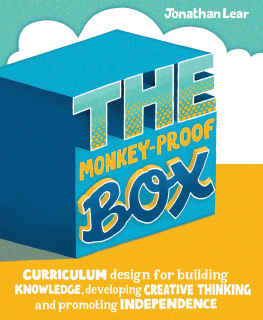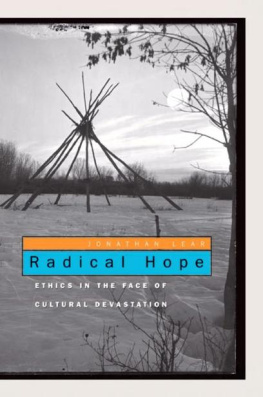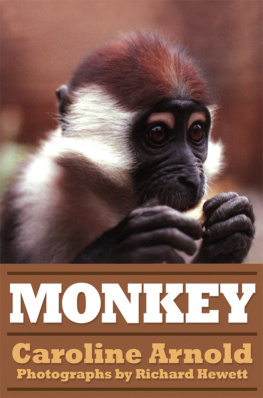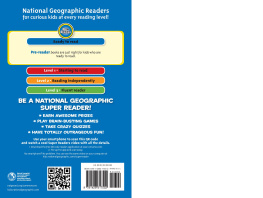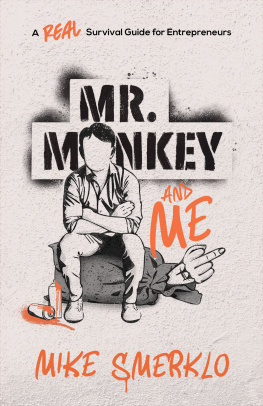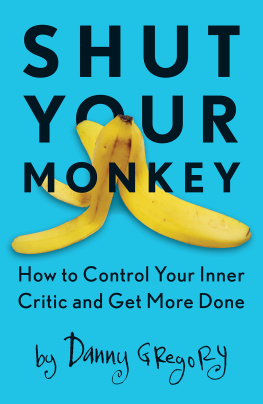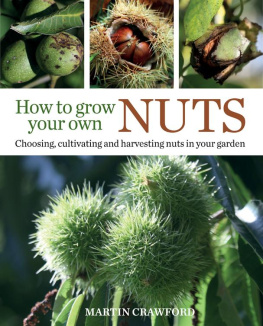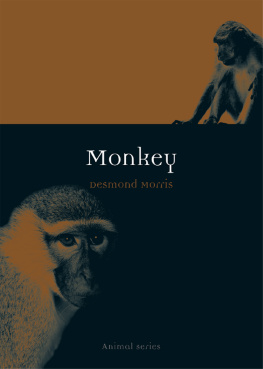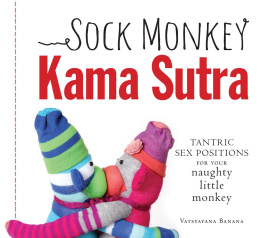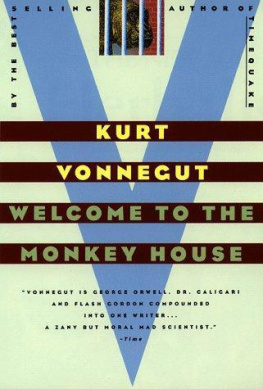Praise for The monkey-proof box
This book is genius, with Jonathan Lear the man who brought us monkey sex and sought the promotion of Bob the brown trout to secretary of state for education at his most irreverent and profound best.
Building from the basics, The Monkey-Proof Box both educates and entertains as Jonathan encapsulates the key ideas and processes that helped transform the challenging primary school where he works, and talks you through the design and delivery of a curriculum that systematically builds pupils knowledge, creativity and independence.
Stephen Tierney, CEO, Blessed Edward Bamber Catholic Multi Academy Trust, blogger and author of Liminal Leadership
The Monkey-Proof Box is an important book that unpicks many of the misconceptions about curriculum design and warns of the dangers of the ticking and clicking off culture. It goes back to the essentials of the richness we want to be made available to all our pupils, and sets out how these can be accessed and assessed effectively drawing on plenty of evidence from cognitive science to draw the threads together.
Crisp, cool and cutting on core curriculum principles, its also very funny and serves as a reminder to us all that we are more likely to bring people with us on our journey if we can laugh at ourselves.
Mary Myatt, education adviser, writer and author of Curriculum: Gallimaufry to Coherence
Any primary school teacher or head teacher weighed down by the unrelenting prescription of government but still seeking to excite the imaginations of their pupils will find Jonathans book a stimulus in their search for what works in the classroom. A treasure trove full to the brim with creative and practical ideas around pedagogy and the primary curriculum.
Sir Tim Brighouse, former London Schools Commissioner and Chief Education Officer for Birmingham and Oxfordshire
The Monkey-Proof Box takes the reader on a journey that, for an educational text, is unusually gripping and extremely readable. The book offers many useful insights that are in line with much of the current commentary on the importance of knowledge and the risks of teaching generic skills without also focusing on deep understanding. However, Jonathan makes this so much more accessible and meaningful in the way that he relates it to his own experience and therefore to practical application.
Professor Samantha Twiselton, Director, Sheffield Institute of Education, and Vice President, Chartered College of Teaching
Having had the pleasure of working alongside Jonathan and listening to him speak at events, I am a huge advocate of going guerrilla and reading The Monkey-Proof Box has reminded me of exactly why I became a teacher.
Humorous and very relatable, this book is like every other encounter I have had with Jonathan: nothing short of brilliant!
Charlotte Smith, Teacher, Hartsholme Academy
The Monkey-Proof Box is a wonderful book that models innovation and social justice in education. Jonathan provides insights and anecdotes, models of alternative practice, and ideas and resources that fuse together principles and practice in a way that combines credibility and aspiration.
By turn wise and witty, reassuring and challenging, theoretical and practical, The Monkey-Proof Box provides a synthesis of what is possible in integrating our approach to teaching, learning and the curriculum.
A powerful resource for teachers and school leaders.
John West-Burnham, Visiting Professor, University of Suffolk
If you think youve thought about your curriculum, think and think again!
This inspirational book provokes questions about your current curriculum and provides plenty of guidance around how to transform your schools approach to teaching and learning. Jonathan Lears monkey-proof box concept has been designed with children at the heart of every decision, and will undoubtedly inspire educators in all settings to take more risks.
A note of caution, however: Jonathans innovative ideas may just have you swinging on your school playgrounds monkey bars!
Maxine Bradford, Head Teacher, Mildmay Infant and Nursery School
If you would like your pupils to get more enjoyment out of challenging tasks, then this is the book for you! The Monkey-Proof Box offers some lovely ideas for encouraging children to step out of their comfort zone, unleash their curiosity and apply their creative thinking.
The books title comes from a scene in a nature documentary in which a group of monkeys were faced with a monkey-proof box, which prompted them to display a great degree of curiosity and creativity in order to extract the food from within it. And so it could be with pupils: not in terms of food perhaps, but certainly in terms of classroom culture. If we replace easy with engaging, straightforward with puzzling, and simple with stretching, then we could engage similar levels of innovation and determination in our learners. Imagine how productive that could be!
James Nottingham, creator of the Learning Pit
In The Monkey-Proof Box Jonathan Lear intertwines his unique combination of nostalgia, wit and first-class professional development insights to deliver a comprehensive concept of curriculum design. The book provides teachers and senior leaders alike with support and structure for planning and constructing a schools curriculum with children at its heart, and emphasises both a clear purpose and authenticity in what is learnt and what is produced. It also shares plenty of practical examples which will both challenge and inspire your pedagogical thinking.
Jonathans personality and humour shine through in his writing as much as in real life, and this results in an easy-to-read book that will put a smile on your face and provide plenty of laugh-out-loud moments texts such as this one are few and far between!
Daniel Callaghan, Head Teacher, Hartsholme Academy
For my amazing little boy, Reuben.
x
Reading this book has been an uncanny experience for me.
It continually touches on areas that I have been fixated by and, when it does, it consistently enriches my thinking or helps to resolve my dilemmas. Like many people, particularly at the time of writing, I am fascinated by the idea of how we design and deliver the curriculum. We are increasingly told that the way in which we design our curriculum is the key to improving outcomes for young people, but that idea brings a huge number of challenges. Many of us have become more used to prescription than creativity. We are more used to meeting expectations than fulfilling ambitions when it comes to the curriculum. For many of us, curriculum design has become a lost art.
When we attempt to re-establish our skills, things can become even more fraught. We rarely encounter a curriculum that is genuinely deliverable. A brief examination of any GCSE, A level or any other certificate course usually reveals that it has far too much in it, and teachers edit the curriculum on the basis of their experience of the exams. We are very poor at deciding what to leave out.
We are also, as Jonathan points out, besieged by siren voices telling us that the curriculum must be overwhelmingly based on knowledge or that it must be defined by skills. The voices are always characterised by a resolute certainty and supported by an irresistible body of research. Unfortunately for schools charged with developing a curriculum tailored to the needs of their specific communities and children, which must also be amenable to assessments that are nationally designed and acceptable to external inspectors that resolute certainty exists on either side of the debate. There is also no shortage of research, since there seems to be more than enough to support both sides of the curriculum divide.

